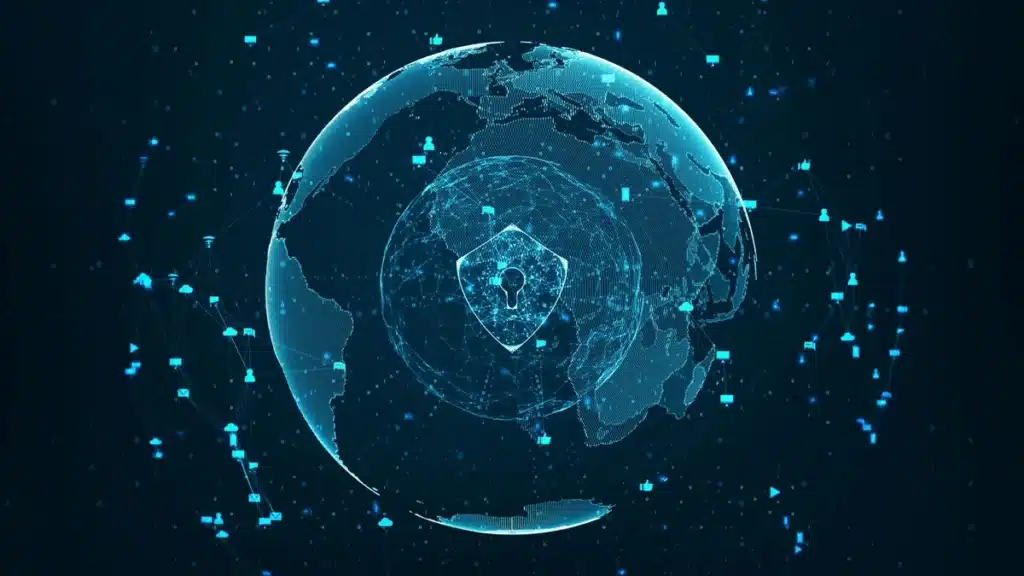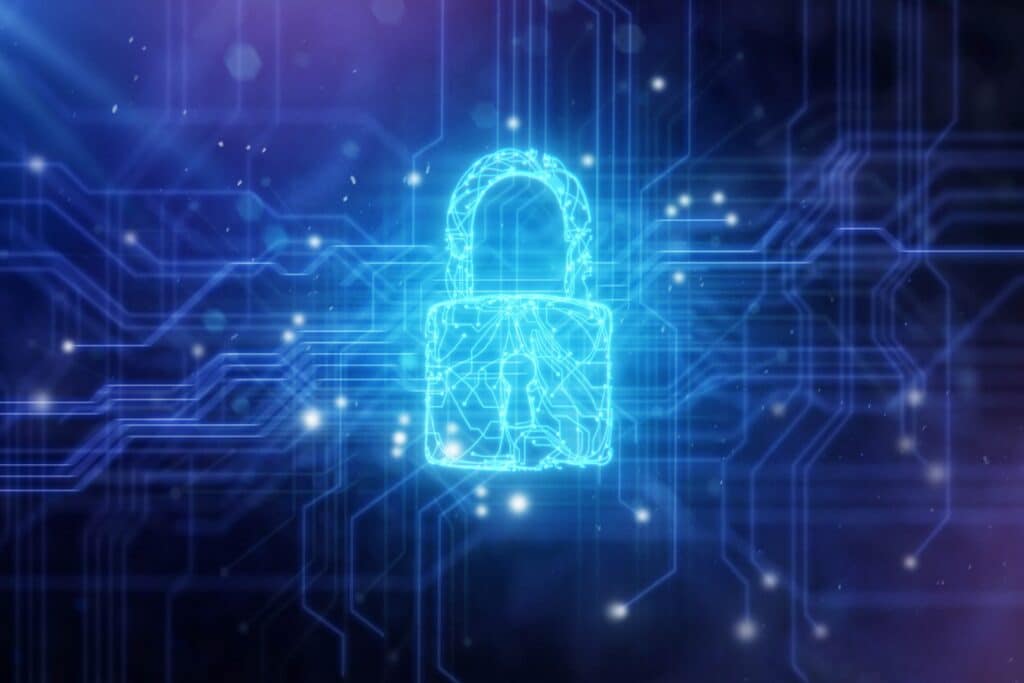Cyber security tips for small businesses

Cyber Security is so important for smaller businesses as they are the ideal target for hackers
Many small businesses have the misconception that they are far too small to consider their cyber security policy and that malicious attacks from hackers only occur when you are a larger business.
Its true to say that for a cyber-criminal it is of course far more profitable for them to target larger businesses, but it’s harder for them to infiltrate their systems. Targeting smaller businesses is far easier, as they do not pay enough attention to their security systems, so attacks on smaller businesses are increasing at a rapid rate.
We look at the top tips that we could advise smaller businesses on implementing to ensure that they are secure.
- Implement a robust firewall: Solutions for cyber security are positioned between your business network and the outside wall. This then prevents any unauthorised persons from gaining any access to your network and any of your stored data. However, in this process, you must ensure that you protect your remote workers. Mode would suggest purchasing a next generation firewall. Although this is more cost, this does offer a truly robust system against hackers.
- Password policy: ensure that you have passwords for all your systems as well as computers. Create a policy for your teams so that they have to implement strong passwords including lower- and upper-case letters, numbers and unique characters such as $%@. Train your teams on this and set reminders on your systems so that these are regularly changed, probably every 30 days.
- Training on Cyber Security: Ensure you have regular training for your teams and create a culture where cyber security is important to all. Cover the basics, internet safety, how your teams handle sensitive data, password creation and make sure your training covers the principles of how to avoid phishing emails. You could even create a simulation on phishing emails and see how they respond and create lessons learnt sessions.
- Ensure there is multifactor authentication password: Not only should you have passwords; you should ensure that there is one other method of authentication. This means if for any reason your login is compromised then another method of security is needed in order to access your systems. This could be a text message to your smartphone.
- Always Back-up: You need to make sure that you have a good back policy. If a hacker attacks your systems, then you must be able to restore all your data quickly to ensure there is minimal downtime to your business.
- Update your software and your firmware: there are always vulnerabilities, often patches and security updates are released and all too often, businesses ignore them. Don’t! Make sure these are downloaded and implemented.
- Make sure you have a spam filter: Phishing emails are an easy way for hackers to infiltrate your business. It means they can by-pass your defences and gain log on credentials and install the malware directly on to your systems. An advanced spam filter will block all malicious spam.
- Wi-Fi networks need to be secure: If you have wireless networks, they need protection. All your data should be encrypted, hidden and doesn’t broadcast its Service Set Identifier (SSID). Change default passwords and protect it from outside infiltration.
- Implement a web filter: Web based attacks are on the increase. Implement a filter. This will prevent your teams from accessing websites that may potentially host malicious malware and block them.
Contact Mode today and let us help your business start its cyber security protection today.
Targeting smaller businesses is far easier, so attacks are increasing at a rapid rate.

You may be interested in
Your guide to leveraging NCE pricing to get the best value
Renewing your Microsoft Licensing Agreement is an opportunity to align your IT strategy with your business goals. It allows you to take advantage of the latest technologies, optimise costs, and ensure compliance with industry standards. While this might seem straightforward at first glance, to achieve the best value and biggest discounts, it’s often more complex than it appears and navigating the renewalprocess requires careful planning. In this Blog we will walk through what you need to know about the new Microsoft Licensing rules,when to get the best value from your renewal, and how to review…
Loving your customers with AI, cybersecurity and peace of mind with MSP support
2024 has marked a massive shift for SME IT needs, as creating an appropriate and optimised business strategy has become an increasingly difficult challenge for business owners and IT operators nationwide.
Protect your student data from continued ransomware attacks, says Espria
With ransomware rates still high for education organisations, better security oversight and orchestration is needed across UK schools.
Fortify and Reassure with Compliance and Cybersecurity Synergy
With new cyber threats emerging, businesses will need to develop a seamless and blended approach to cyber and compliance for strategic success.
UK businesses cannot continue risking reputation with shoddy security, says Espria
Sophos’ 2024 Threat Report recently highlighted ransomware as the biggest existential cyber threat to small businesses. While cyberattacks on large companies and government agencies may receive more news coverage, Sophos reported that SMB’s are generally more vulnerable to cybercriminals and suffer more proportionally from the results of a breach.
Peace of mind: Cloud is key in scaling systems to your business needs
Meeting the demands of the modern-day SMB is one of the challenges facing many business leaders and IT operators today. Traditional, office-based infrastructure was fine up until the point where greater capacity was needed than those servers could deliver, vendor support became an issue, or the needs of a hybrid workforce weren’t being met. In the highly competitive SMB space, maintaining and investing in a robust and efficient IT infrastructure can be one of the ways to stay ahead of competitors.





